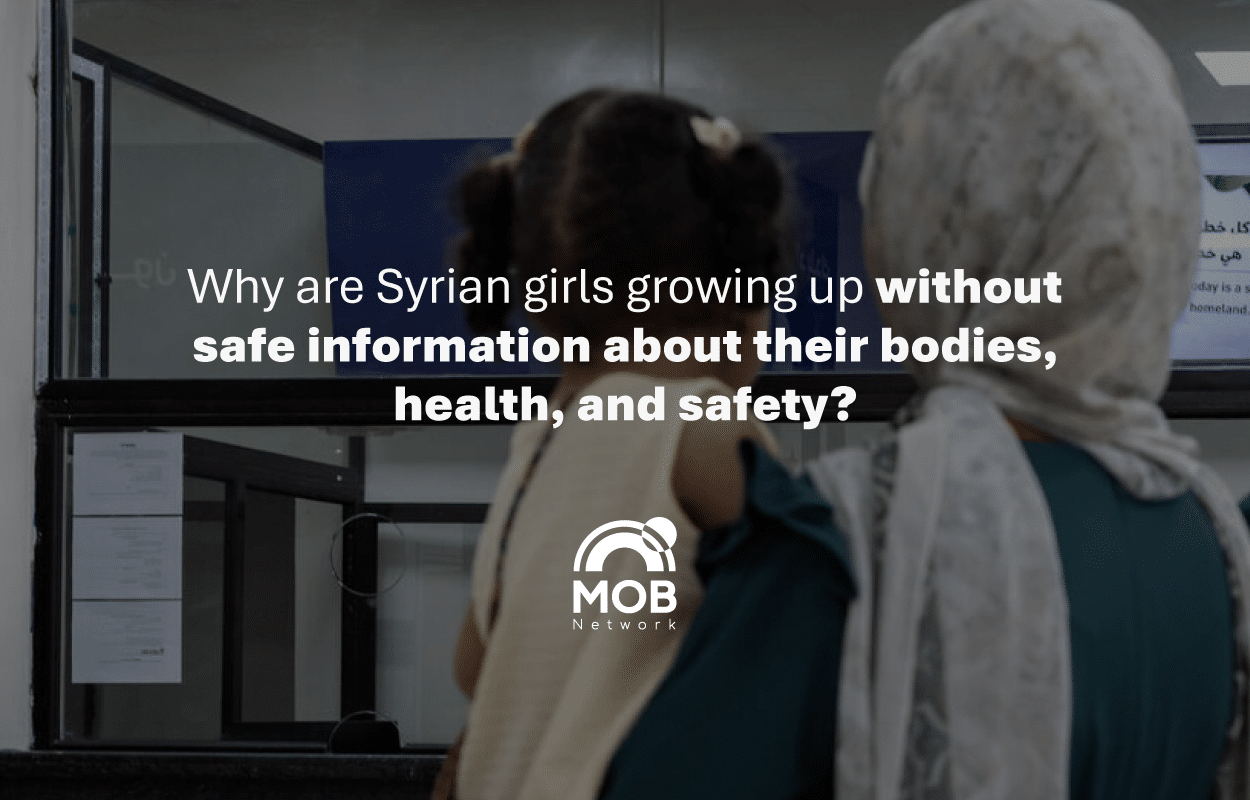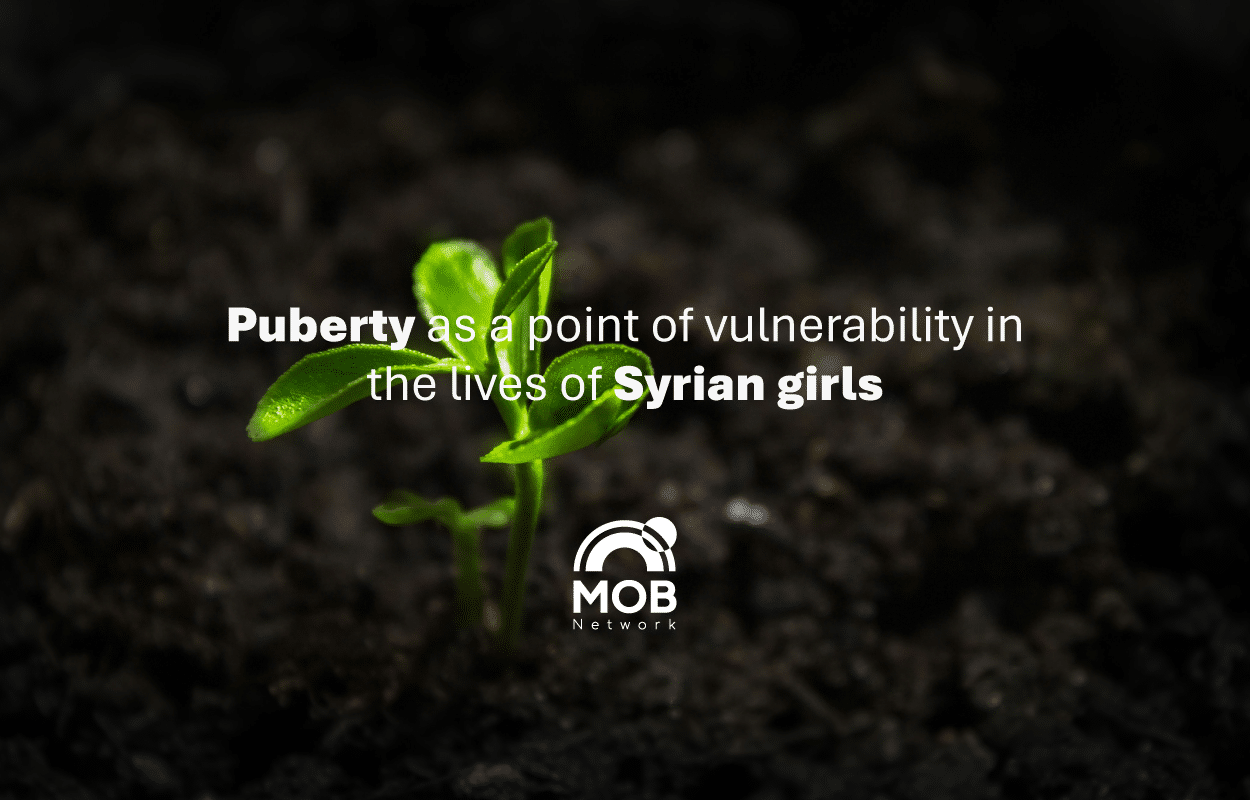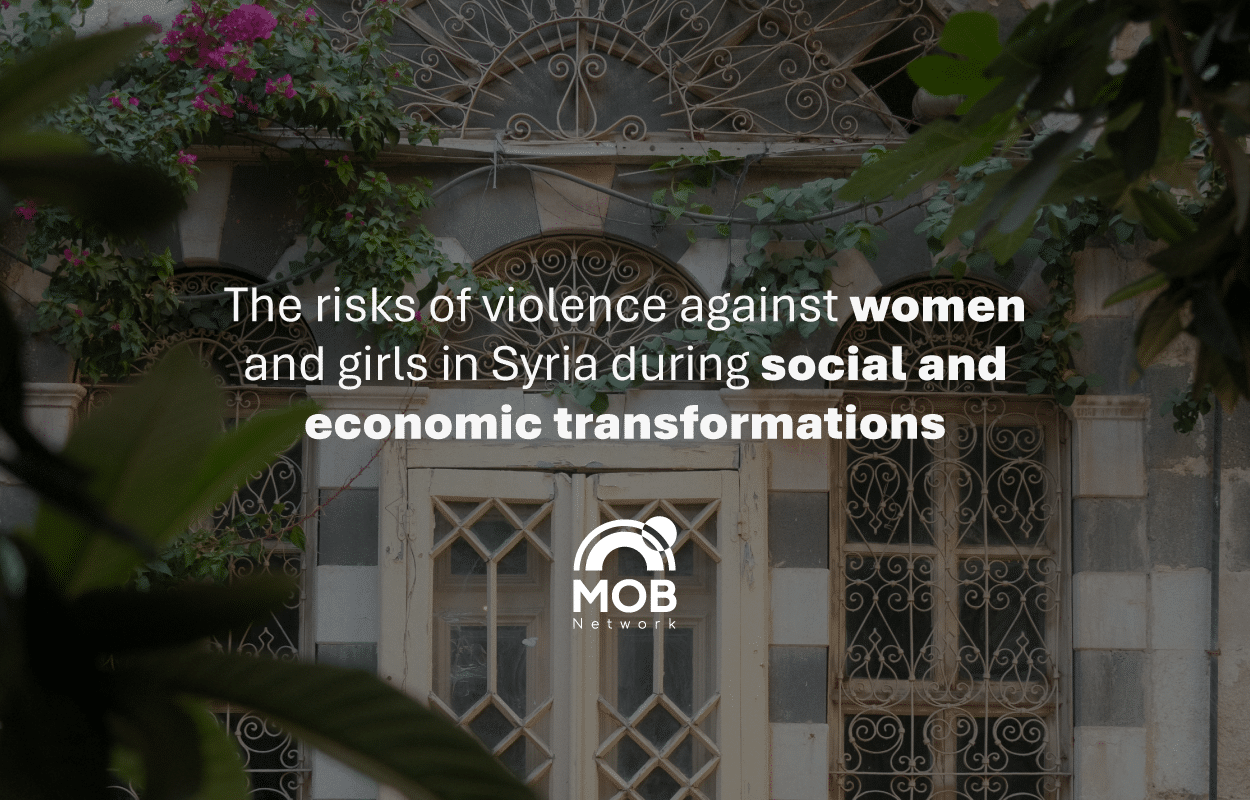Rayhan the wise, the facilitator by nature
Once upon a time, in an ancient kingdom far away, famous for the arts and sciences, urban and commercial prosperity, and wide influence, ruled by a king who was known for his love of science and scholars.
His main concern was that his sons inherit various knowledge, and spend their days and nights pursuing knowledge.
Some winds didn’t move the king’s ship as he wishes, as his eldest son “Al-Aws”, who’s 12 years old, on whom the king built all of his hopes as the crown prince, and heir of sciences, All of the king’s and teachers attempts to make him passionate about science failed, as he would sometimes flee to the servants’ rooms, and other times he would run away and guards would run after him to take him back to the learning chamber or the palace library, and if he surrenders, you see him yawning and falling asleep until the teacher gets bored and comes out disappointed.
The king ordered the town crier to gather all the kingdom’s scholars and writers to help him teach his son leadership, management, the way of life, its skills, and sciences, he even ordered a large prize of gold and silver for those who could persuade his son to abide by the teacher for more than a month, but all attempts were futile. One day, Rayhan, the palace gardener, who was known for his wisdom, asked to meet the king, after he had watched every day during these years the running and escaping around the palace from tutors. He asked the king to allow his son to accompany him for a few months without interference from the king or the teachers, and to return his son to him as he was born again.
The desperate king agreed to Rayhan the gardener’s request, despite his shock and doubt, and here the story began.
Rayhan was asking “Al- Aws” for things that were never asked of a crown prince, without dictating to him or teaching him any ready-made lessons, or giving him orders, for example, he was asked to milk cows, help him distribute their milk, monitor them, and take notes on the quantities of milk and fodder, and the health status of cows and sheep, as well as in matters of gardening, chickens, horses, agriculture, distributing rations and stocks of fruits, wheat, and others…
And “Al-Aws” felt a great pleasure carrying out all the tasks assigned to him with unprecedented activity.
The day the king was waiting for, and the whole kingdom was waiting for him, came. The crown prince entered with confidence with his head held high, accompanied by the wise Rayhan, and after saluting gently and respectfully, he said: ((I was inspired and taught by my teacher without him teaching me, the sciences of plants and animals and arithmetic, logic and management and even leadership, and a way of life from my experience with him in agriculture and poultry, and managing the distribution of crops and stock rationally and wisely, Astronomy and the conditions of the climate from our night and day journeys, medicine and the conditions of the body from every plant I collected or planted with him, and with which we fed the palace beasts, or dried it for the kingdom apothecaries. He built a bridge of intimacy and trust with me through our daily conversations. He made me a partner in my self-education, rather than the maker of my journey, the captain of my ship, he “facilitated” me a path to my goal, but I paved it myself.))
The wise said to the king: Your son, Your Majesty, does not need to be instructed and ready-made, delivered sciences stuffed into his mind, he needs to be a teacher himself in his learning journey, and to interact with the surroundings and components of this journey, and to experience himself and try.. and I “facilitated” the path for him, I was the mirror for him, the space for learning and the partner, not the authority and commander, so he thrived and reached his goal.
Why (Facilitation)?
Because: “Involve me and I will understand..”

Facilitation Linguistically : The lexicon of meanings defines the word facilitation as simplification, where it is said to facilitate the ways of success or to facilitate a thing or matter, i.e. preparing it, overcoming its difficulties, making it easy, and making it possible.
If we look at the general and traditional forms of learning, we can summarize it as the teacher or tutor is the speaker and the prompter, while the student is the receiver, the transcriber, and the listener.
This approach, which assumes that the teacher has absolute powers and that the students are ignorant, is an inappropriate and ineffective model of the participatory learning process, and it makes the learning process always go in one direction from the teacher to the student.
On the contrary, the inclusive and participatory learning process makes each participant a part of this process and enables him to start thinking, interpreting, and analyzing things. This process encourages research and critical analysis of real-life situations, and contributes to unifying efforts to achieve a specific goal, this is what makes us say that facilitation is not only to stimulate learning and change, but also to make a collective decision, or to reach a specific goal.
So the facilitation principles are:
- A facilitator is a guide that helps people take a process together, not a reference for wisdom and knowledge.
This means that the facilitator’s job is not to give opinions, but to extract group members’ opinions and ideas.
- Facilitation focuses on how people participate in the learning or planning process, not only what got achieved.
- The facilitator is neutral and never biased.
“Tell me and I will forget, show me and I will remember, involve me and I will understand.”
Benjamin Franklin Tweet
Everyone is a focus, a starting and finishing point.. in the facilitation process
In the facilitation process, the facilitator or the teacher is not the source of learning or the absolute reference, or the only focus point through which the learning or decision-making process revolves around … Rather, every learner or participant is an essential part and corner, and a focal point in itself, shares with everyone strength, space and knowledge, and that the learning process or decision-making and reaching the goal, depends on everyone, and is achieved by everyone.
)Everyone is a focus, a starting and finishing point in the process(
In the facilitation process, the facilitator is keen to explore different ideas and beliefs about the same issue and build on them, motivating everyone to participate with different abilities and ideas, and varying levels and effectiveness.
A facilitator is a hidden leader who manifests the qualities, skills, and values of leadership towards change and goal.
Mobaderoon and facilitation:
Facilitation is the basic approach and the essential and pivotal tool in the work of Mobaderoon to reach the desired change, which is applied in all work joints (training workshops – working group meetings – work development sessions, sections and program guides – meetings with partners..) for the important role facilitation plays in making a real difference through team building and making learning participatory, real and responsible. as well as constantly providing individuals with opportunities to acquire and sharpen this skill, by designing and developing facilitation skills programs at its three levels: Beginner, Intermediate and Advanced.
To understand the important role of facilitation and facilitator, we will generally explain the following, some of the facilitator’s roles :
- Building a relationship based on equality and cooperation with participants, ensuring that opportunities are given to all, and making it clear that the learning responsibility lies on the whole group, not with the facilitator or specific individuals.
- Providing an atmosphere of trust and respect and acceptance of differing opinions. Therefore, the facilitation session serves as a safe space in which the participant gives his opinion and shows his potential.
- Managing dialogues and discussions through several types of questions. There are open questions that encourage finding multiple and different answers, or questions that lead to a specific goal and help move towards an educational goal, in which each question builds on a previous answer or paragraph.
There are also subjective questions that aim to obtain personal answers, in which the facilitator monitors participants’ feelings or personal opinions and their assessment of something, while closed questions are used to obtain specific answers such as “yes” or “no”.
- Ensuring the involvement of all participants, and the involvement of those with marginal and shy voices.
- Providing a plan for the learning or decision-making process, the progress of the process reaching the goal, and the careful preparation of everything needed to implement it.
- Ensuring the provision of the necessary logistical needs, and the appropriate environment for the session or meeting, and coordinating with those concerned with the matter.
- Dealing with challenges, such as difficult issues that may arise, reactions and how to manage them, emergencies, or even patterns of people who hinder the course of the session, such as difficult people.
interactive methodology.. and Mobaderoon
And because Mobaderoon relies on the interactive facilitation methodology, it bases its facilitation work on four elements:
- A mindset that reflects the facilitator’s cooperative attitude while facilitating the sessions.
- A thinking methodology that emphasizes the facilitator’s strategic thinking, by selecting an appropriate action to achieve the desired goals.
- The principle of shared responsibility for success.
- Facilitative behavior tools and methodologies, through the use of various tools help participants build agreements and understandings around the issues raised.
Facilitator.. knowledge, values, and skills
The facilitator.. a vessel that refuses to be filled:
There are also many roles that the facilitator plays to compete and succeed in the facilitation process before, during, and after the process. These roles are based on many skills. they’re always researchers and developers for themselves, and are open to all new (a vessel that refuses to be filled) they must be aware of how to evaluate the process components at the level of the content presented, the individuals, and the course of the session, build on participants’ evaluations, and monitor their growth in the learning journeys, and measures their development or indicators of reaching the goal, adjusting their plan to suit these developments or changes, also “success stories” or taking advantage of mistakes and analyzing them, is an inherent skill of a successful facilitator.
The facilitator also takes into consideration all learning styles, through active and interactive learning in the facilitating process, some learn better by listening, others learn by observation and inspiration, and some through abstract thinking and dialogue, others by practice.
Therefore, they design the facilitation session that considers all possible patterns, and are keen to represent the real values in their work, which must be reflected in all the joints of the facilitation process, as well as in the communication with individuals, they’re always encouraging and mentioning it, as they’re entrusted with the privacy, opinions, and participation of individuals, humble and not arrogant, always working to involve participants even regarding them and their conditions of safety, security and comfort, asking their permission when photographing, or sharing stories of success and change, it must also embody the optimum state of respect and acceptance of the other, and not be bias towards individuals who intersect with their ideas and beliefs, also embodying justice and equality through equal opportunities and participation, joint facilitation construction and human communication.
Facilitation, A mentality, and an approach to life
Going back to the beginning story about Rayhan the wise, and many other stories that show the inspiring people, teachers, or community leaders who made a real positive impact, stimulated sustainable change, built consensus among individuals, and inspired them, they were supportive, open, cooperative and listening, and were spaces for safety and creativity for them.
We find that all these personalities intersect with the “facilitative mentality”, which combines values, behavior, experience, and skills, all of which we mentioned previously and reviewed in the article. This is just the tip of the iceberg because facilitation is a “lifestyle” and a school, and not a skill that is applied only within the meeting or training room.
On the occasion of International Facilitation Week, let us give our true selves a chance to manifest their beauty and creativity, and let us be this bridge to others.





